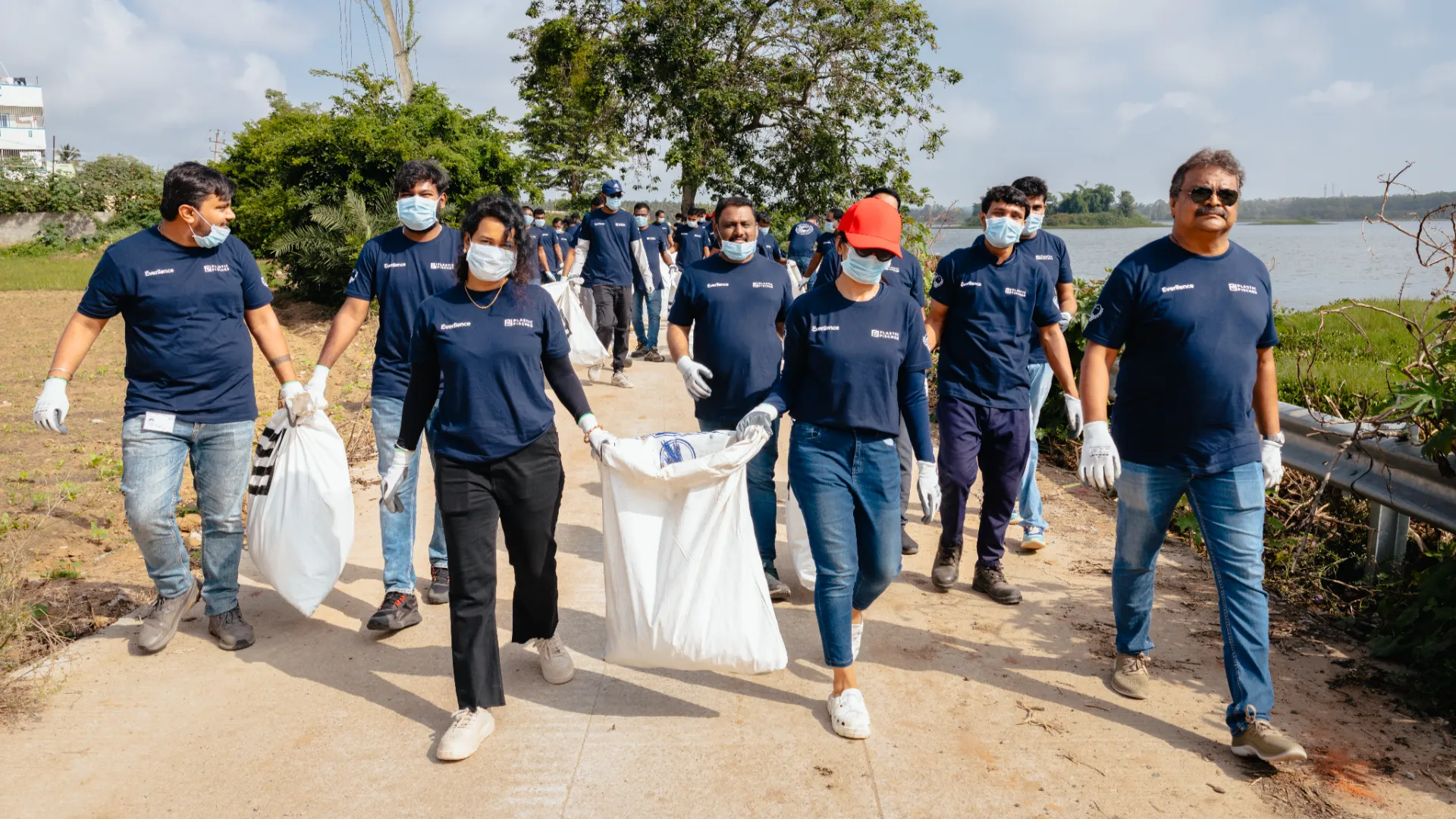By loading the video you agree to YouTube's privacy policy.
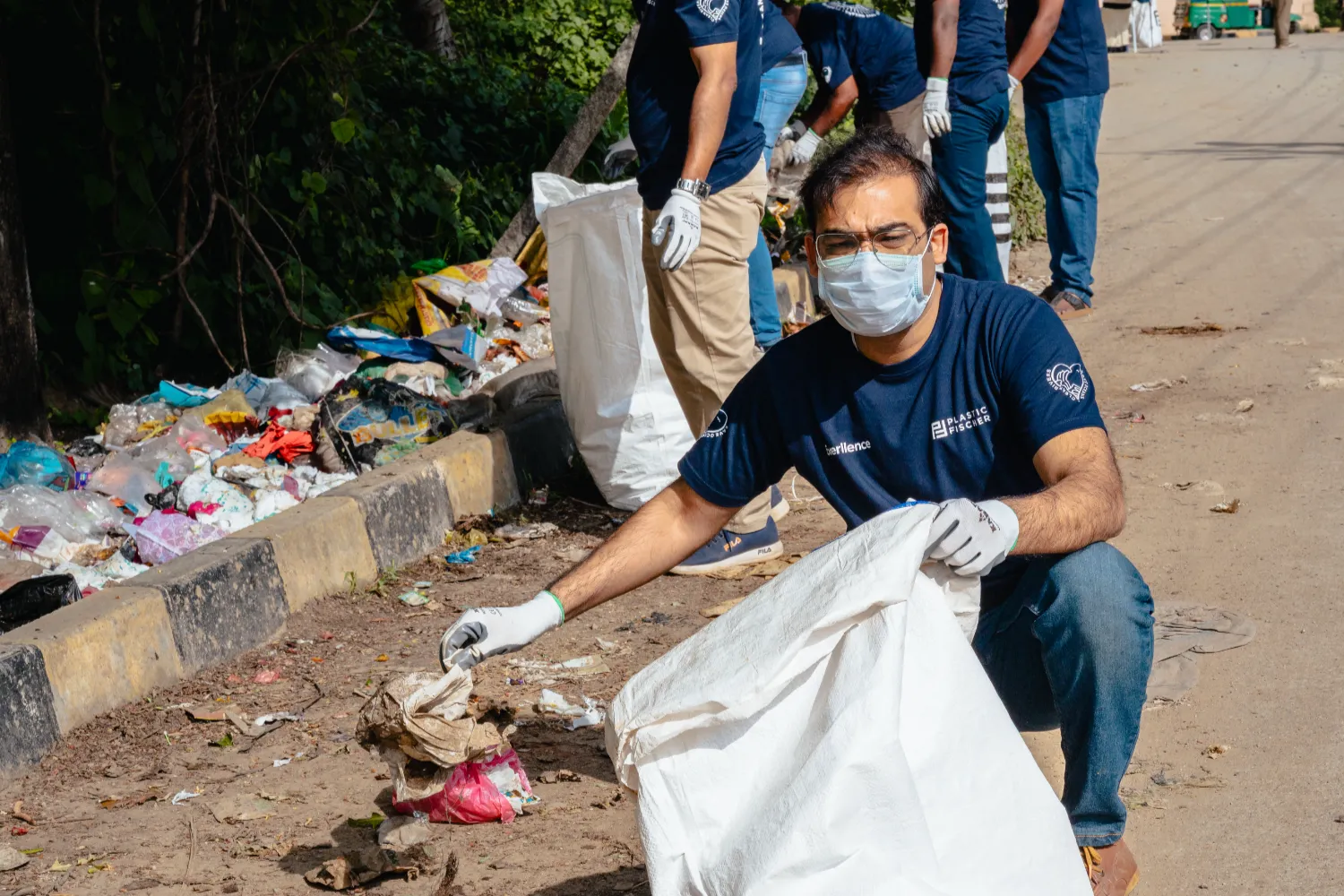
This hands-on clean-up effort marked the launch of a new partnership between Everllence and German-based environmental startup Plastic Fischer — the world’s first company to tackle plastic pollution in rivers. With a shared mission to stop plastic before it reaches the ocean, the two organizations have pledged to collect 500,000 kilograms of waste from Indian waterways over the next three years.
Why rivers matter in the fight against ocean plastic
“Rivers are a critical front in the fight against ocean plastic,” says Harish Shenoy, Managing Director of Plastic Fischer India. According to global estimates, rivers carry up to 80 percent of plastic waste into the sea. Plastic Fischer’s model is simple but strategic: stop waste early — in urban canals, lakes, and rivers — using floating barriers and low-cost recovery systems.
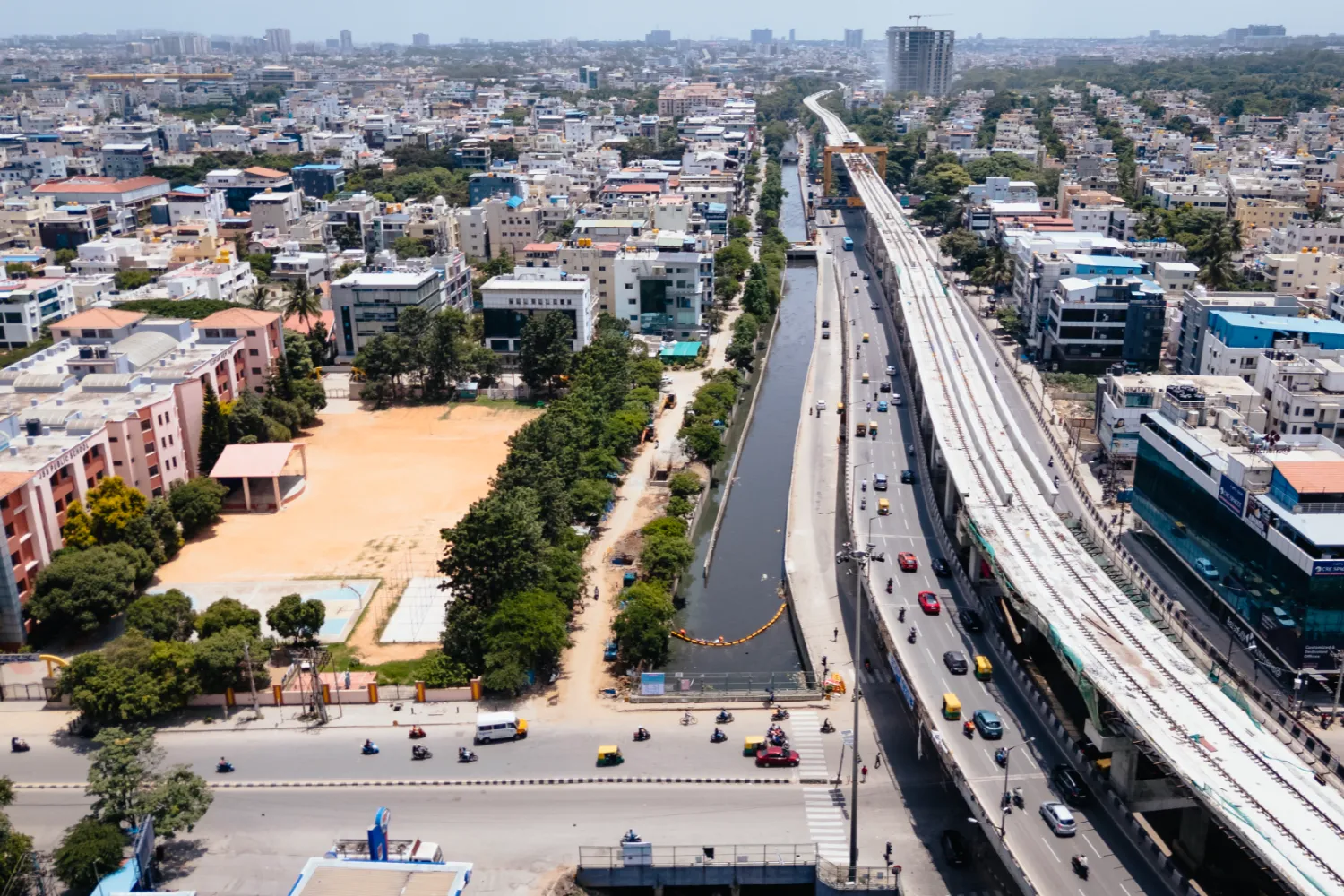
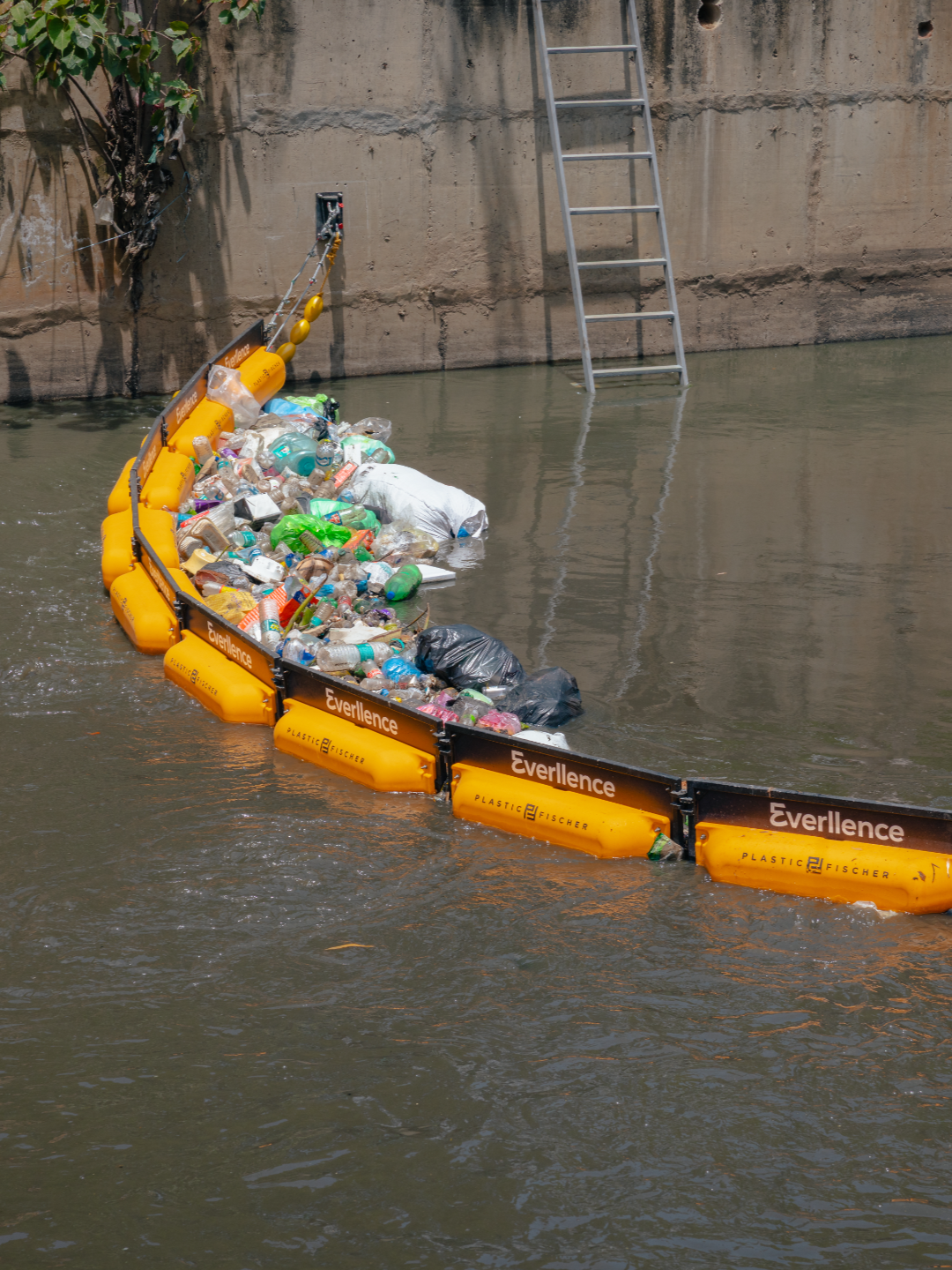
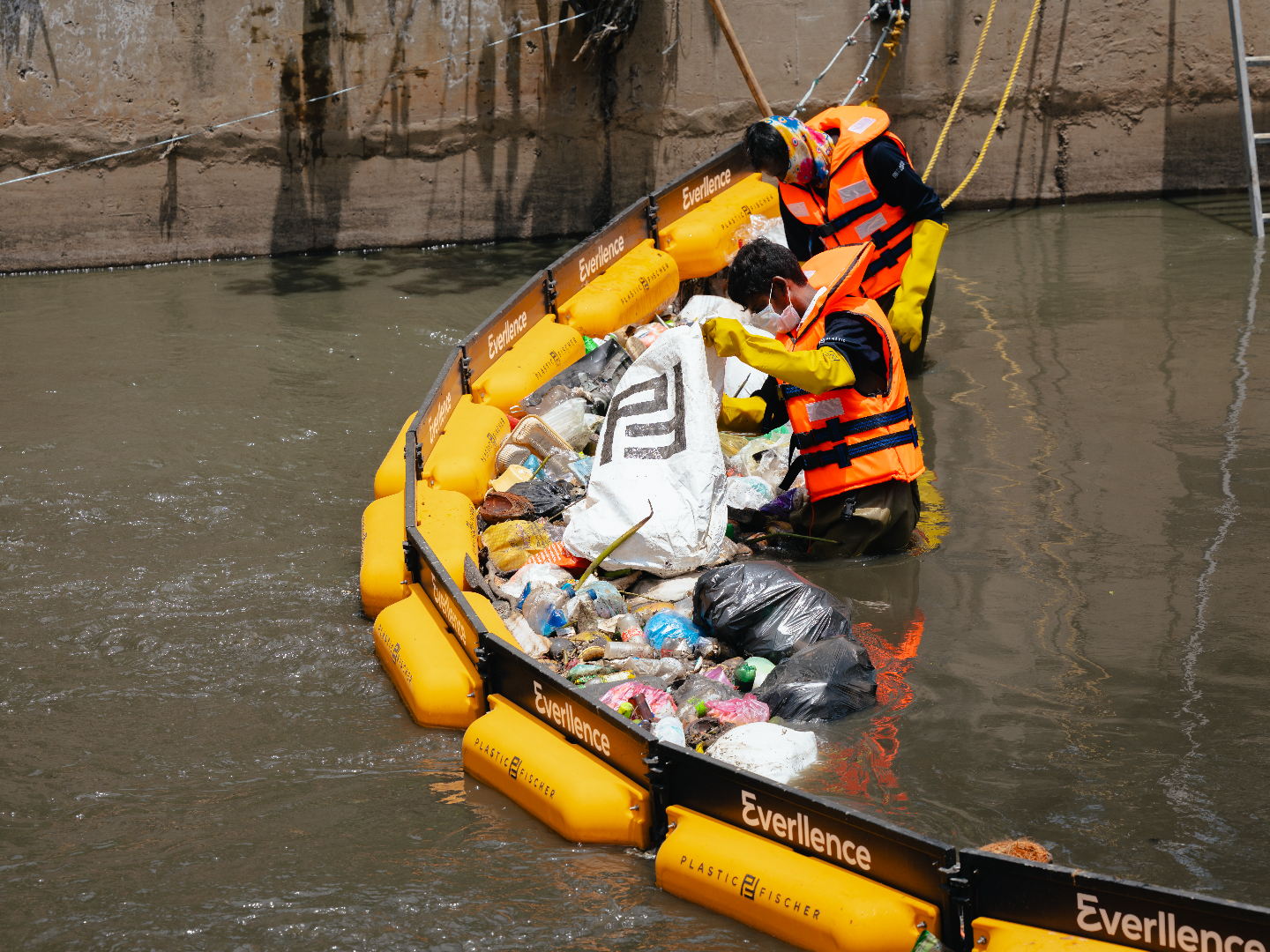
“Our goal is to collect plastic before it reaches the ocean,” says Shenoy, where saltwater and ultraviolet light break it down into microplastics that impact plant, animal, and human life. The waste is taken to a local material recovery facility for sorting. Recyclable materials in good condition are sent to recycling plants, while the rest is baled and incinerated in cement kilns or processed in waste-to-energy plants. “Around 85 to 90 percent of the plastic we collect can only be used by the waste-to-energy plants,” says Shenoy.
Plastic Fischer’s equipment is deliberately low-cost, local, and low-tech—a model they call “3L” — making it viable for large-scale deployment in countries like India and Indonesia. They plan to install three TrashBooms in Bengaluru, starting with the canals flowing into Lake Agara and Lake Madiwala. Similar efforts are planned for Vadodara, where a seasonal river connects to the Arabian Sea.

“It’s not just about picking up trash — it’s about seeing the problem and wanting to change it.”
Srinivas Goutham, Compliance Officer, Everllence
Clean-up as part of a broader sustainability mission
The Lake Jigani event was the first in a series of employee-led clean-up actions organized by Everllence. It also marked a key moment in Everllence’s rebranding journey and reflected the company’s broader sustainability mission: “Moving big things to zero”. “We help industries like shipping or energy to reduce hard-to-abate emissions with our decarbonization technologies,” says Raveesh M.K., Managing Director and CFO of Everllence India. “By supporting clean-up efforts in Bengaluru, we want our employees, partners, and the public to see that industrial progress and environmental care go hand in hand."
Inspiring a culture of environmental responsibility
For the employees who participated, the event left a striking impression. “We found so much plastic waste,” says 25-year-old Yashwant V.C., who works in the production department. “People senselessly throw things away, and don’t realize how important it is to keep our waterbodies clean — I want to do my part.”
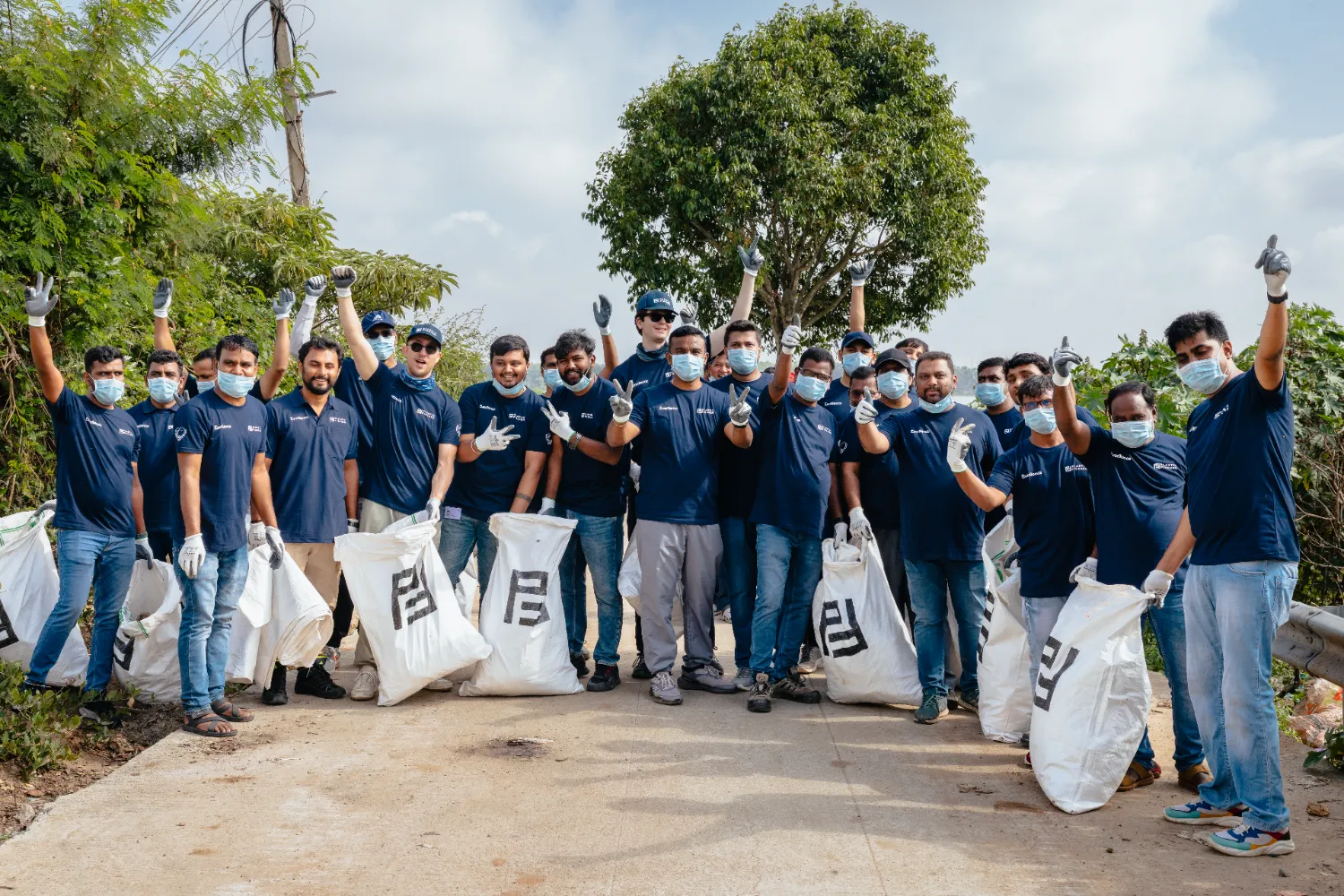

“We hope to inspire a sense of purpose through collective effort.”
Raveesh M.K., Managing Director and CFO, Everllence India
For Srinivas Goutham, the clean-up wasn’t just a powerful experience — it was personal. As project coordinator at the Bengaluru location, he played a key role along with the local CSR team in organizing the event and rallying participation across departments. “Bangalore is a young and vibrant city. Most of our employees are in the 25 to 40 year age group. They could have had other plans for the weekend. But we were so happy to see so many of our employees volunteer for the event.”
For the next event, Goutham plans to involve families — children too. “We realized this should be an ongoing activity. It’s not just about picking up trash, it’s about seeing the problem and wanting to change it.”
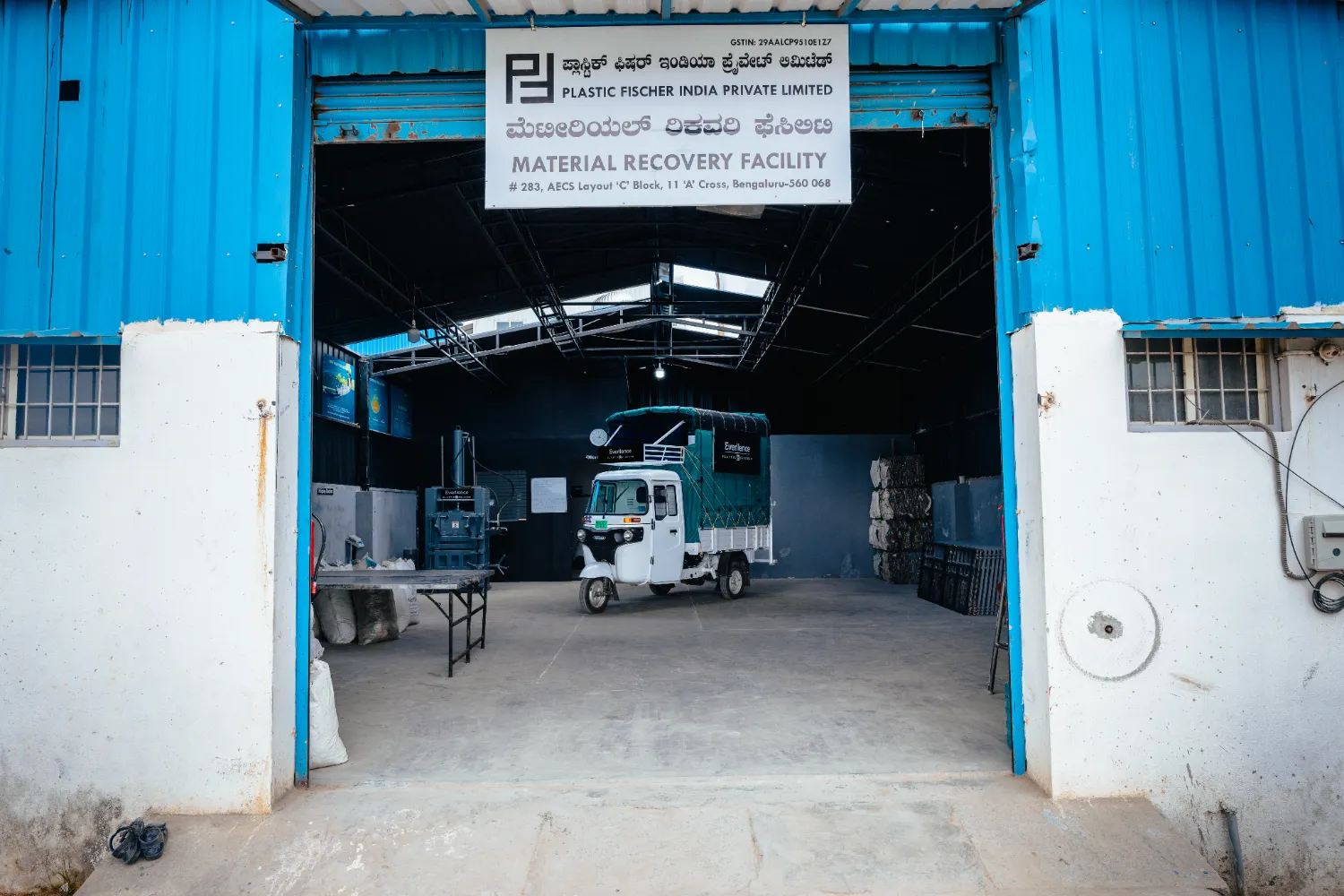
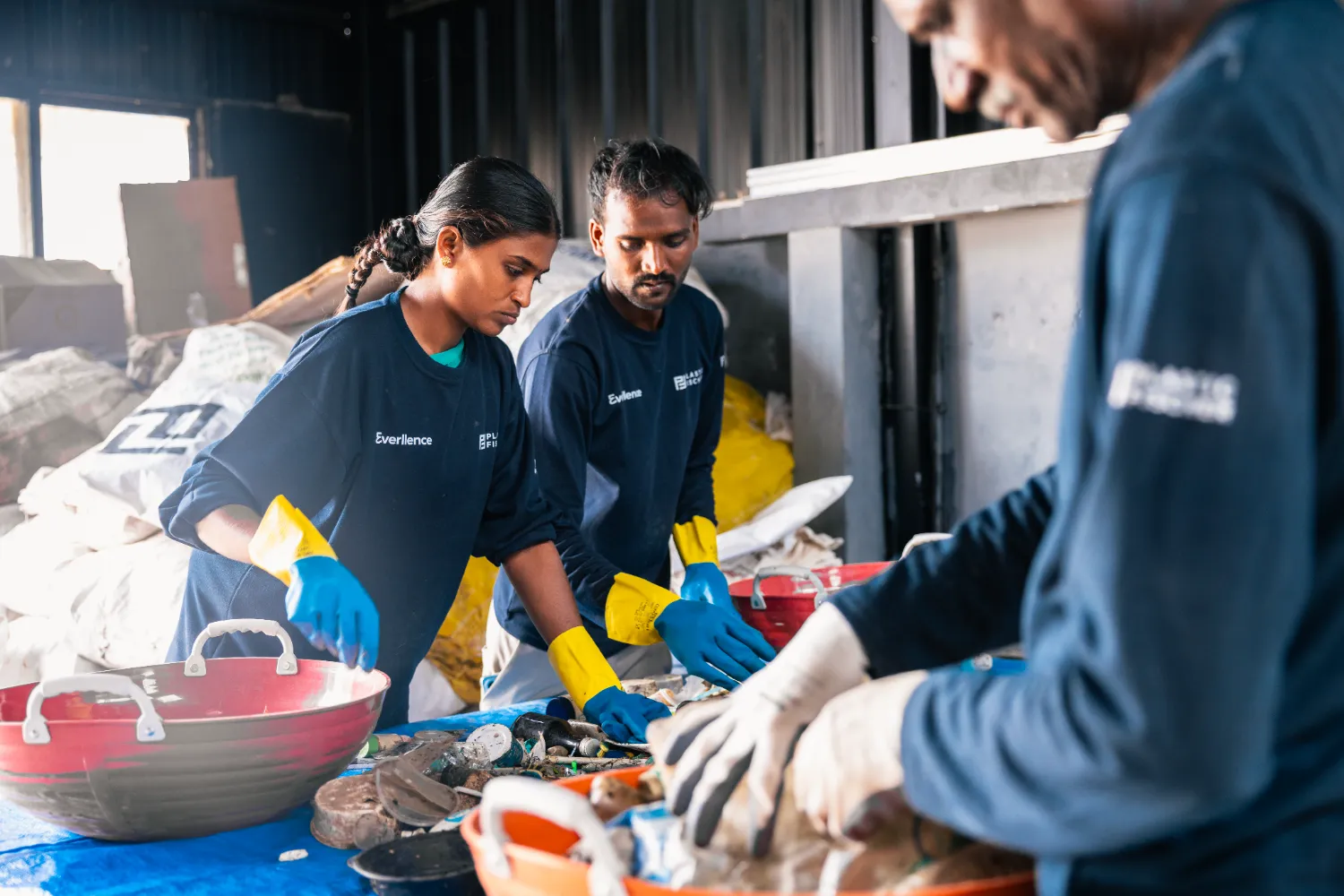
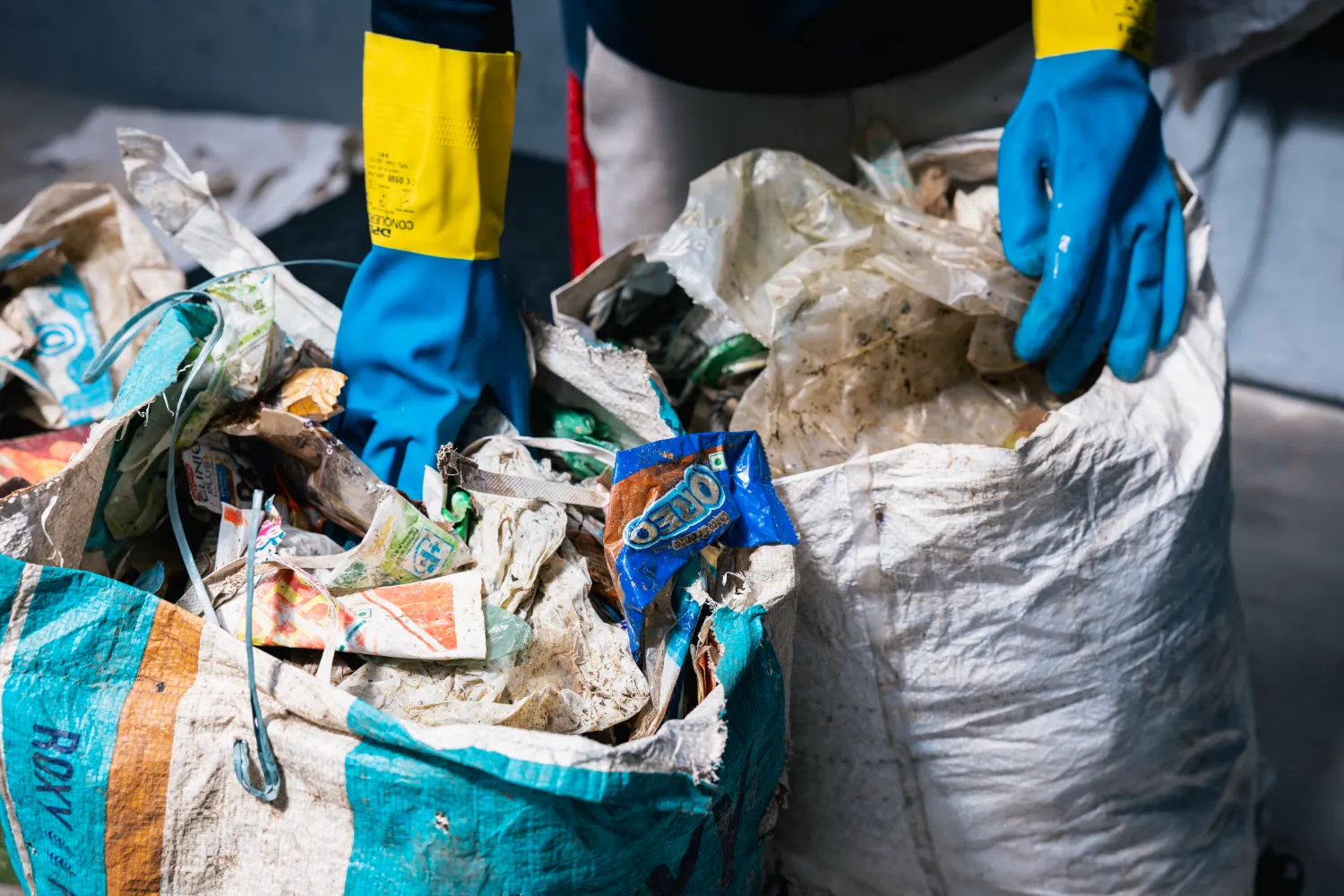
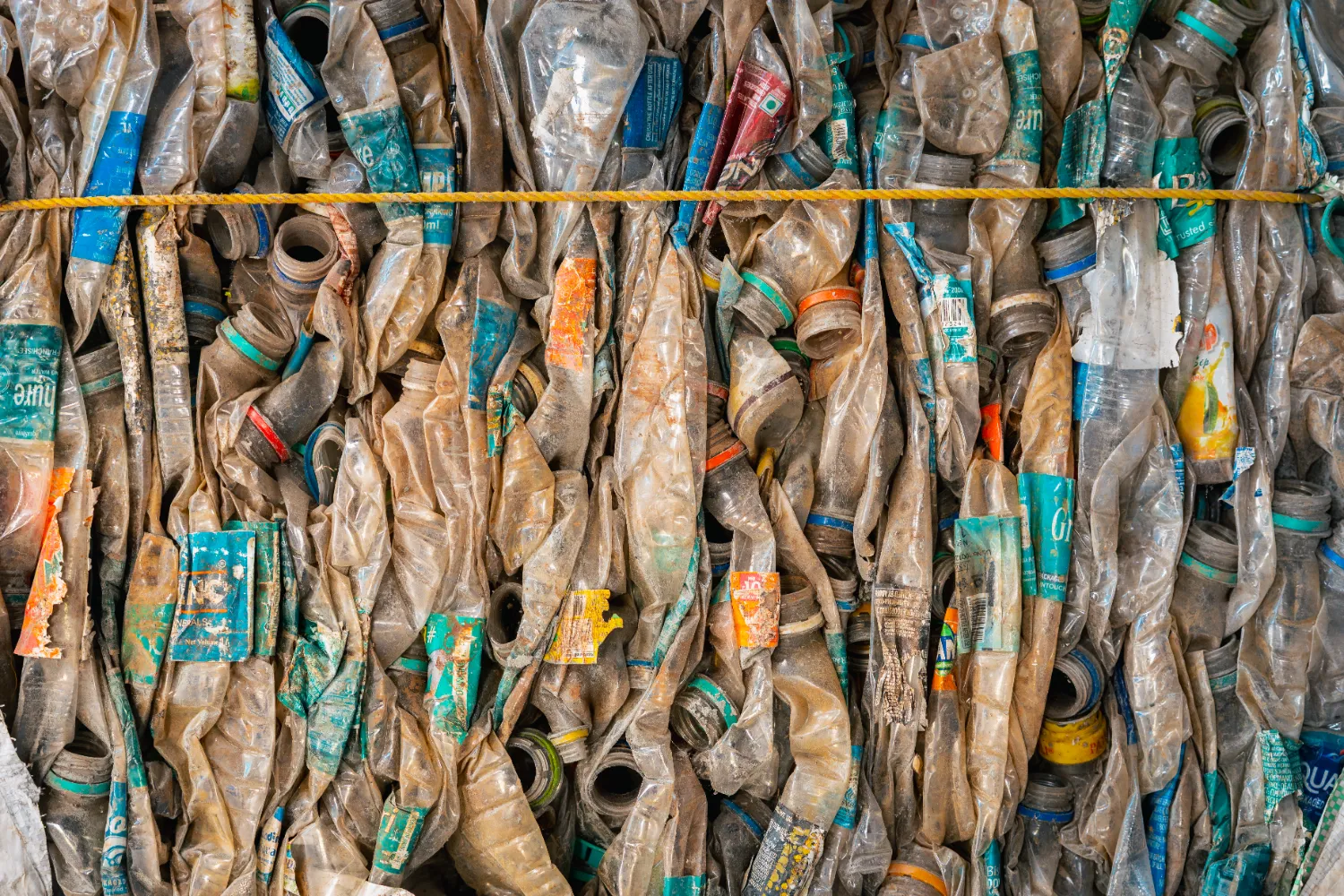
Funding jobs and infrastructure for plastic waste management in India
That change includes jobs. Over the course of the partnership, Everllence and Plastic Fischer will employ 20 full-time workers in Bengaluru and Vadodara. Plastic Fischer provides formal contracts, health insurance and retirement savings through India‘s Provident Fund system — offering security and stability.
The initiative is backed by a three-year financial commitment from Everllence, enabling Plastic Fischer to expand its operations in India. This funding supports the establishment of two new material recovery facilities to sort and manage collected waste, as well as a range of TrashBooms — floating barriers that trap river plastic before it flows downstream. These include walkable booms for hard-to-reach areas and crane systems for clearing high volumes of waste. All are built locally from affordable materials.
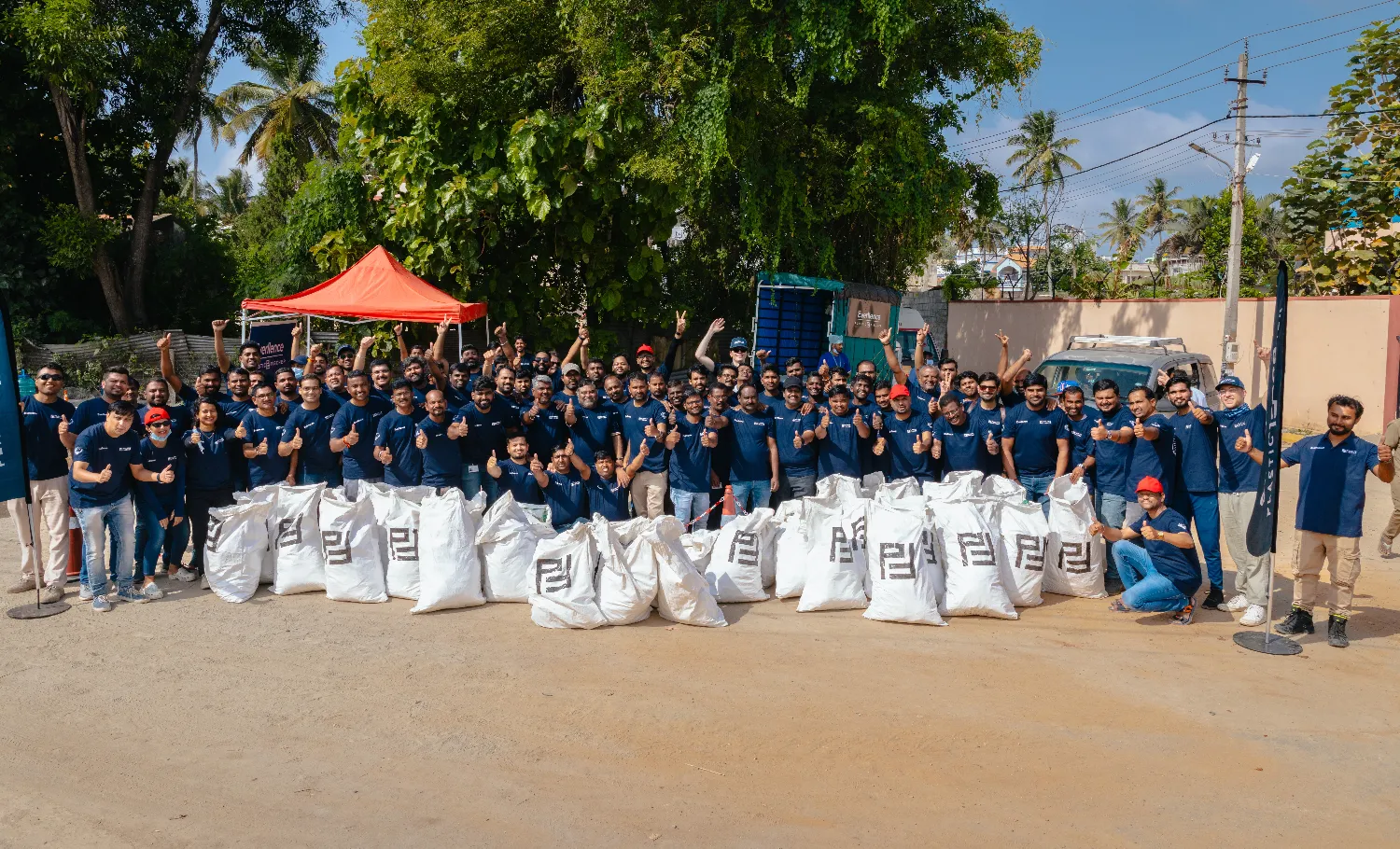

“Together, we can protect our rivers, our communities, and our future.”
Raveesh M. K., Managing Director and CFO, Everllence India
About the author
Swati Prasad is a freelance journalist based in Delhi, writing on business, economy, technology and healthcare. She reports from India for several publications overseas and has worked as a correspondent and editor for The Economic Times, Business Standard, The Indian Express, and Business Today.
